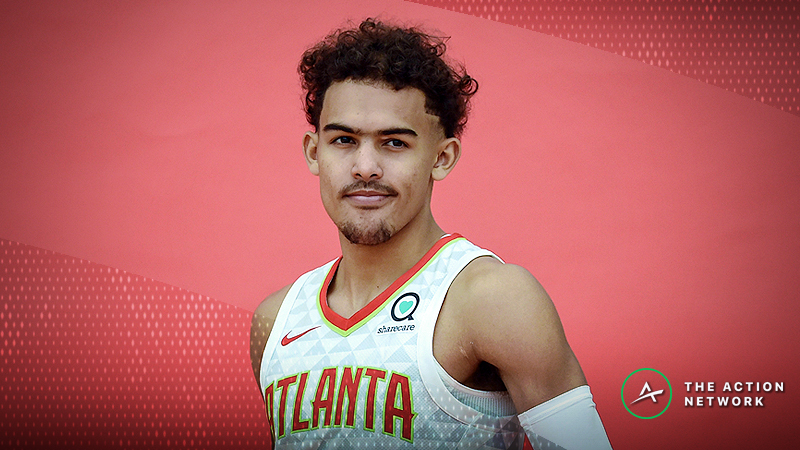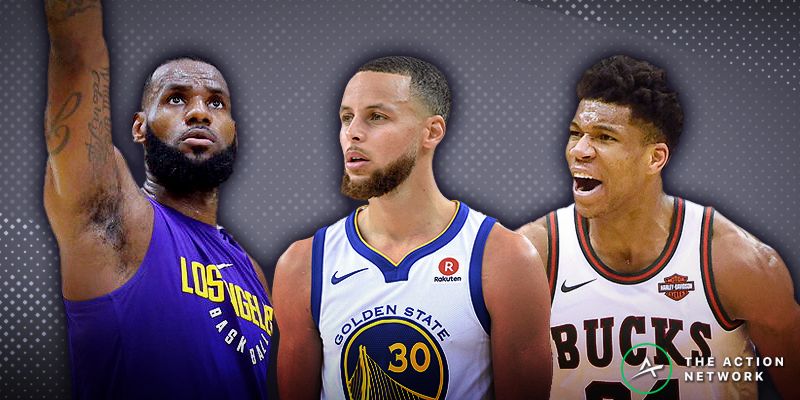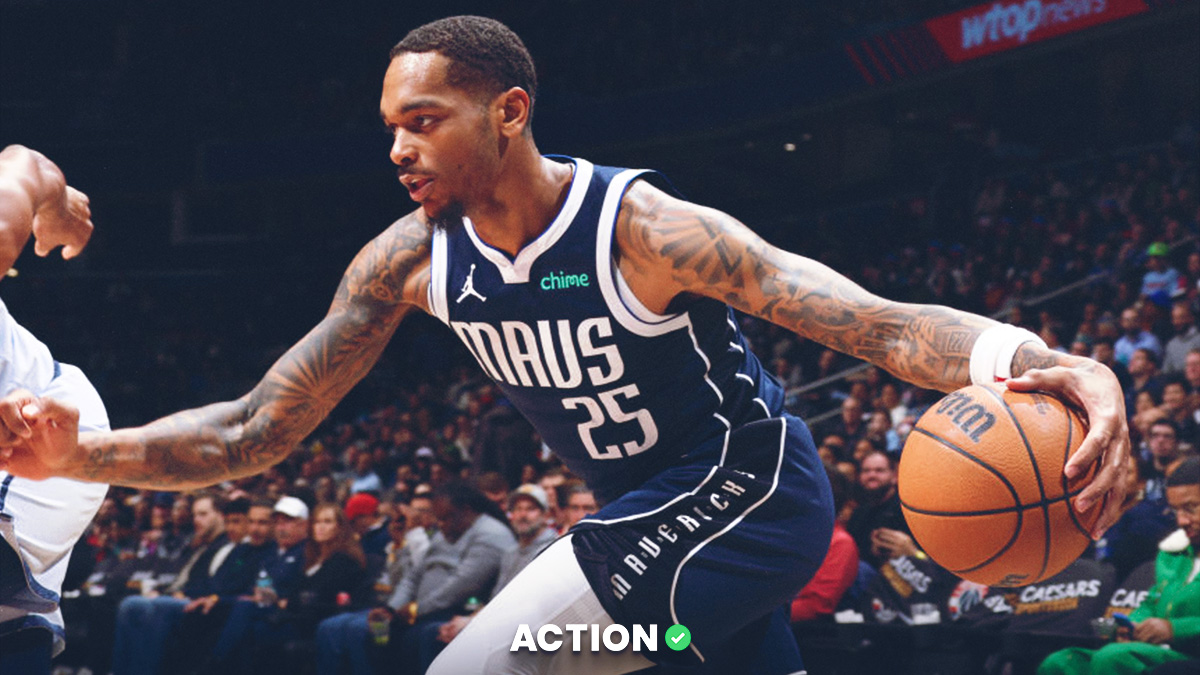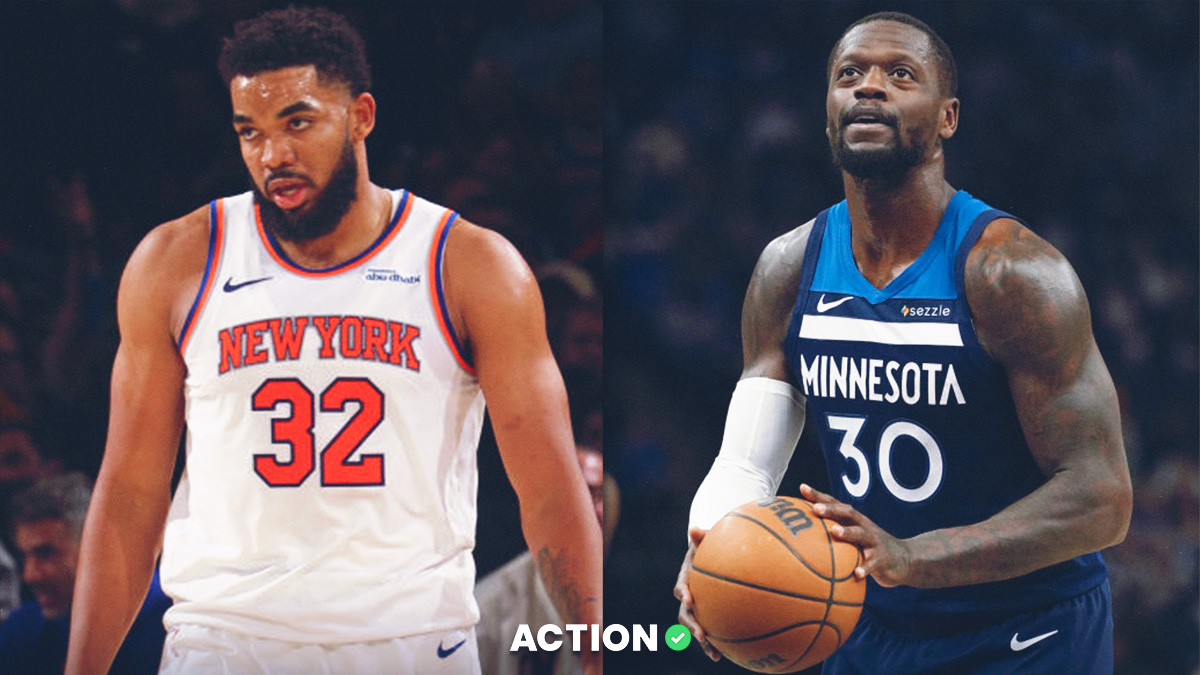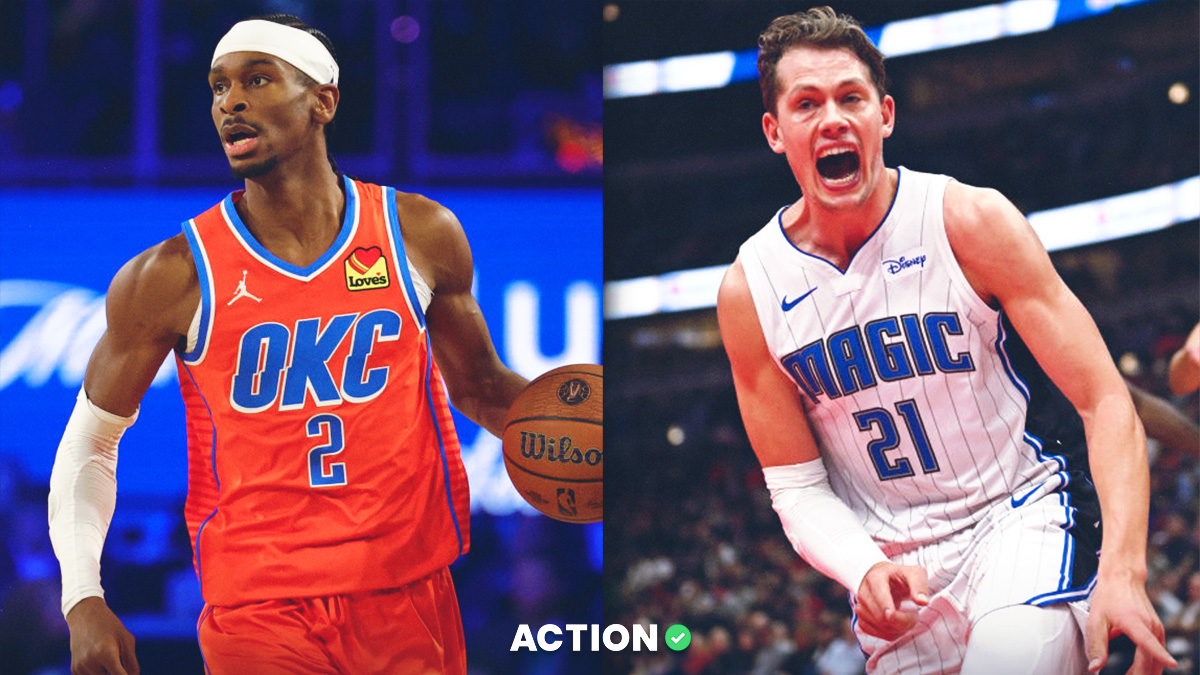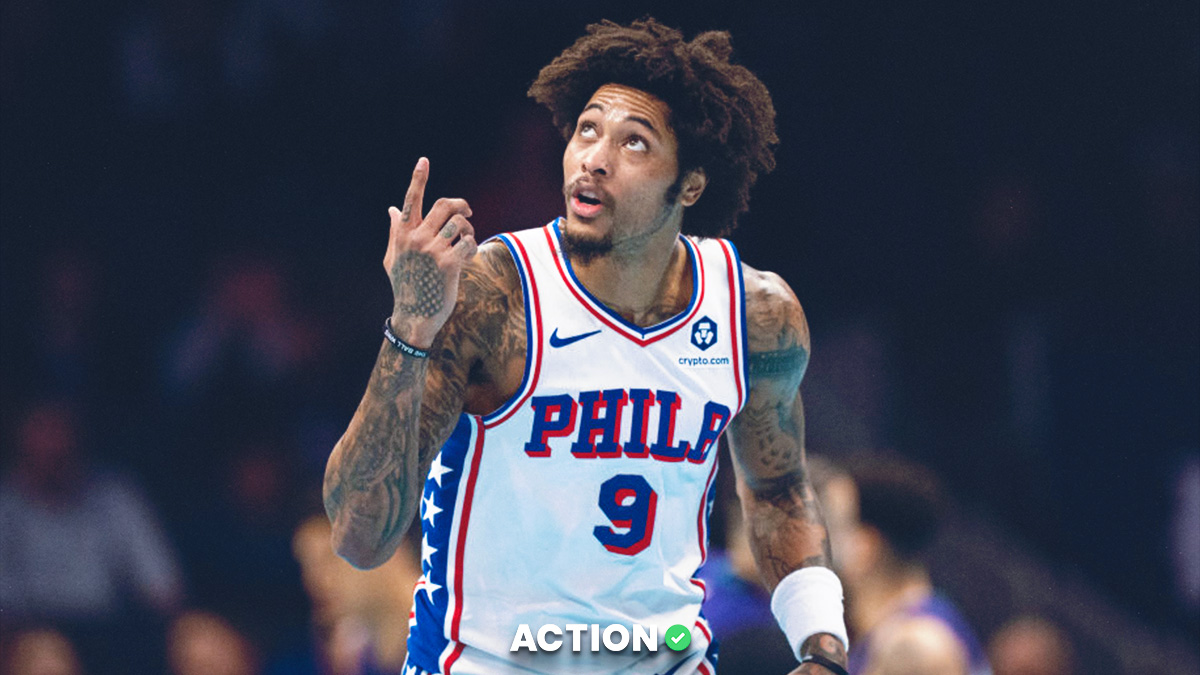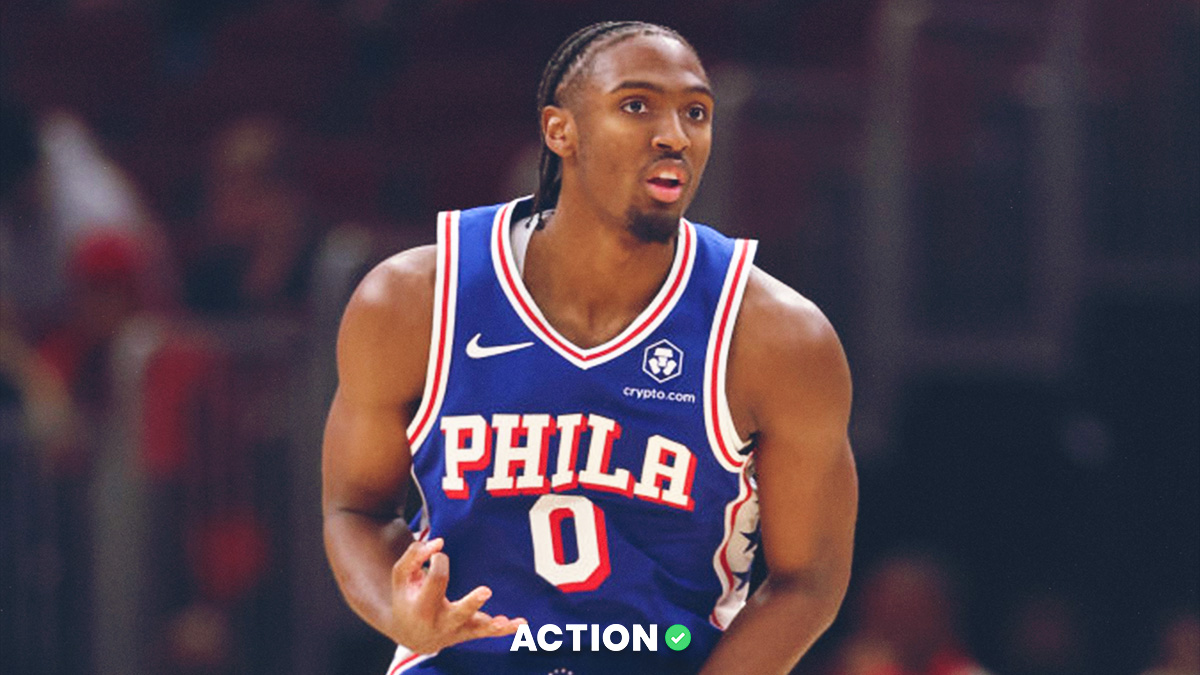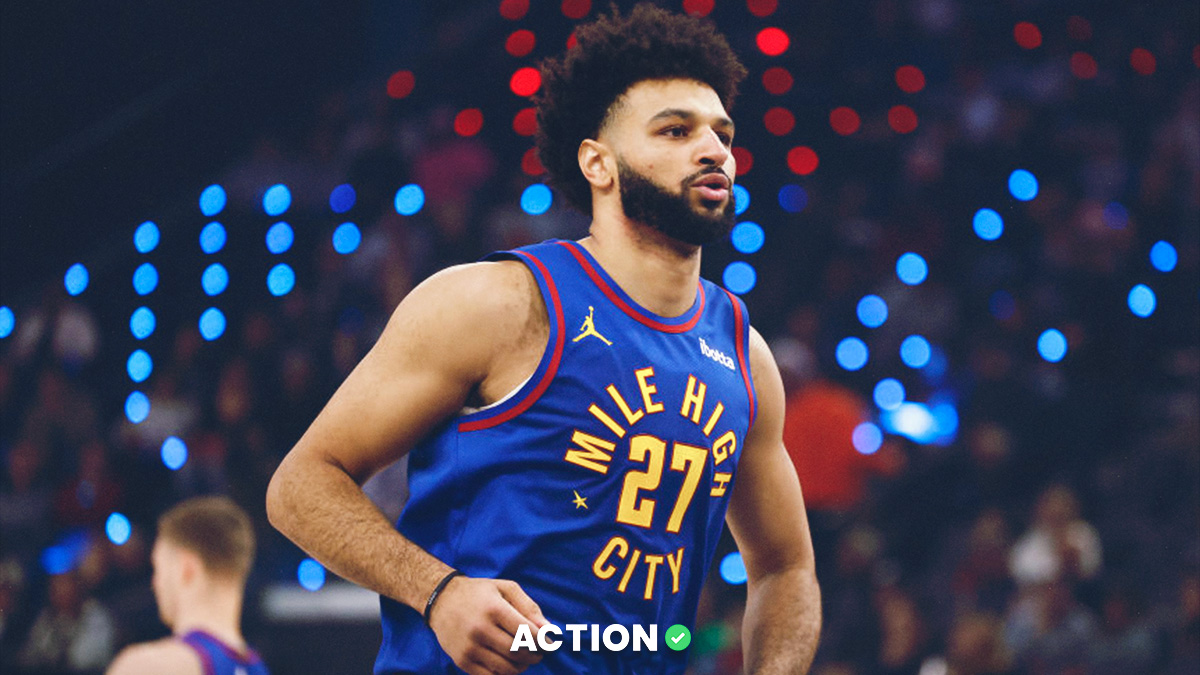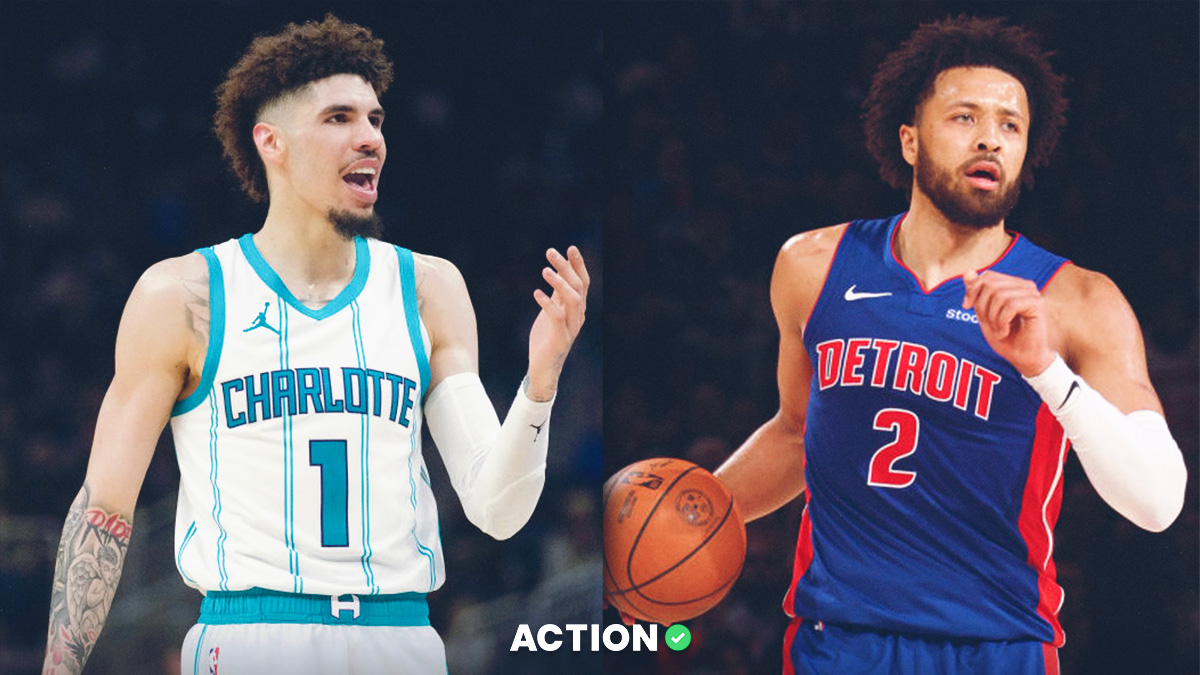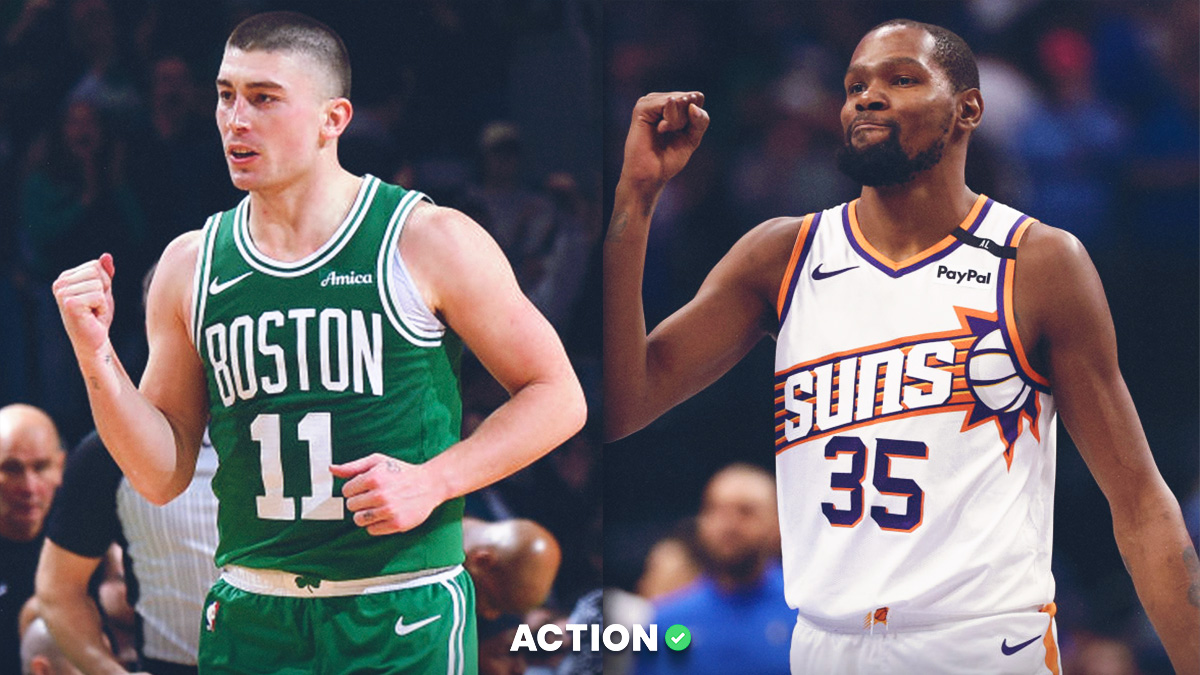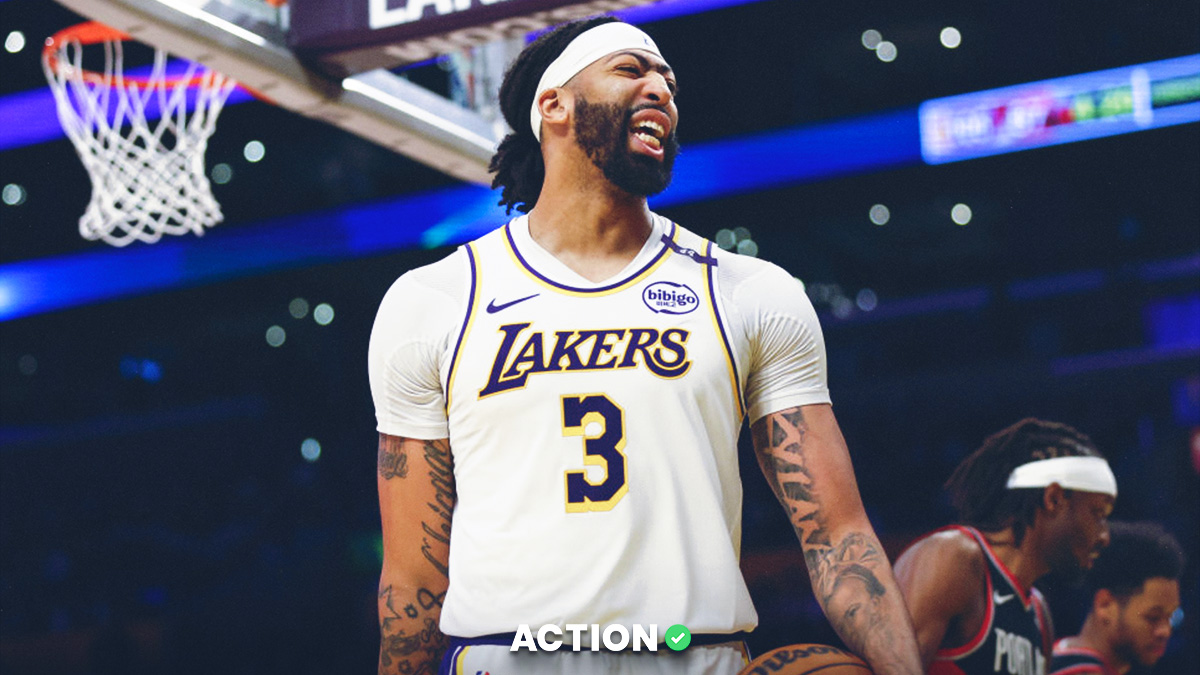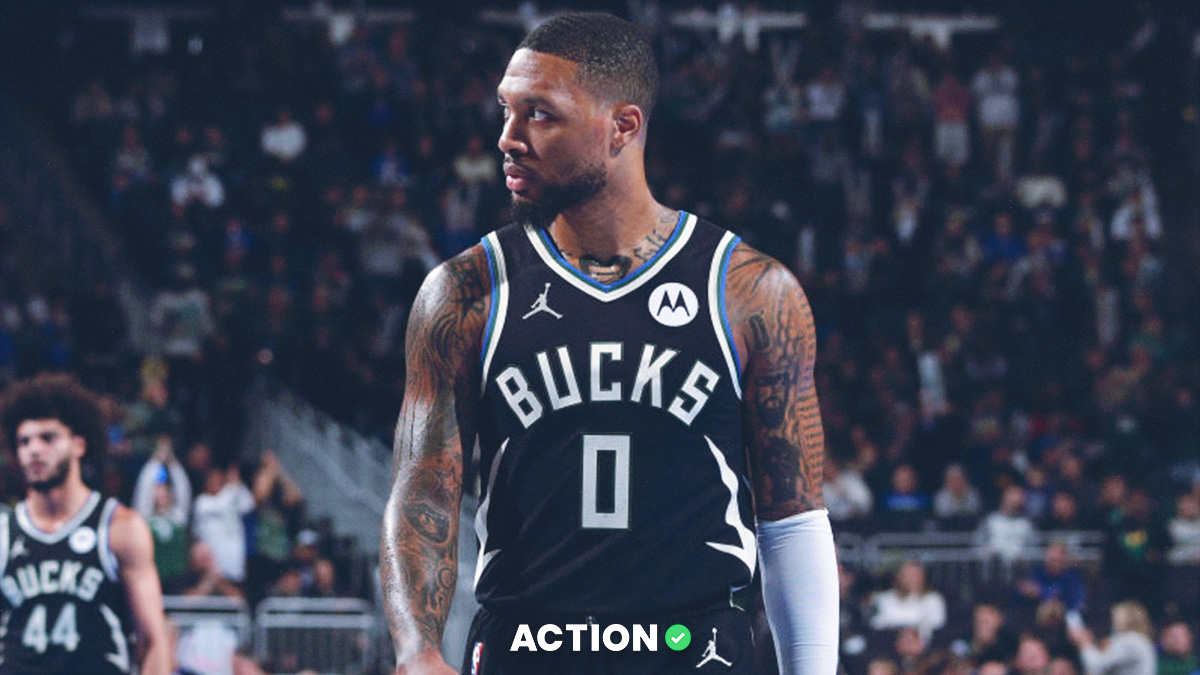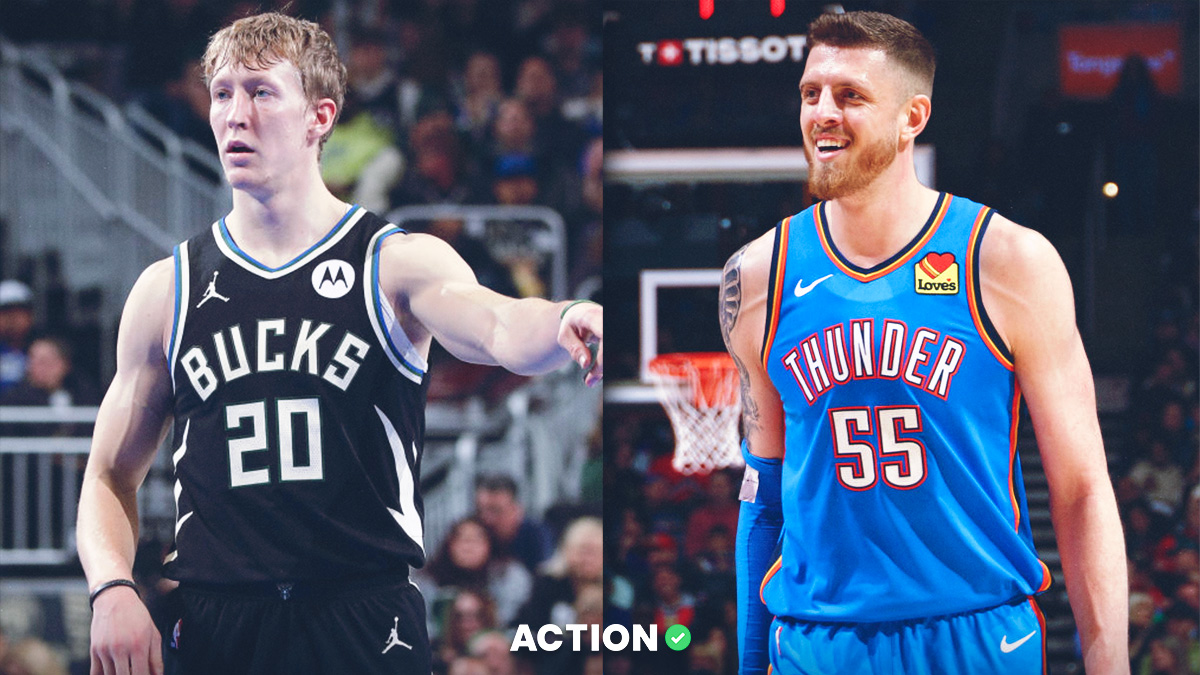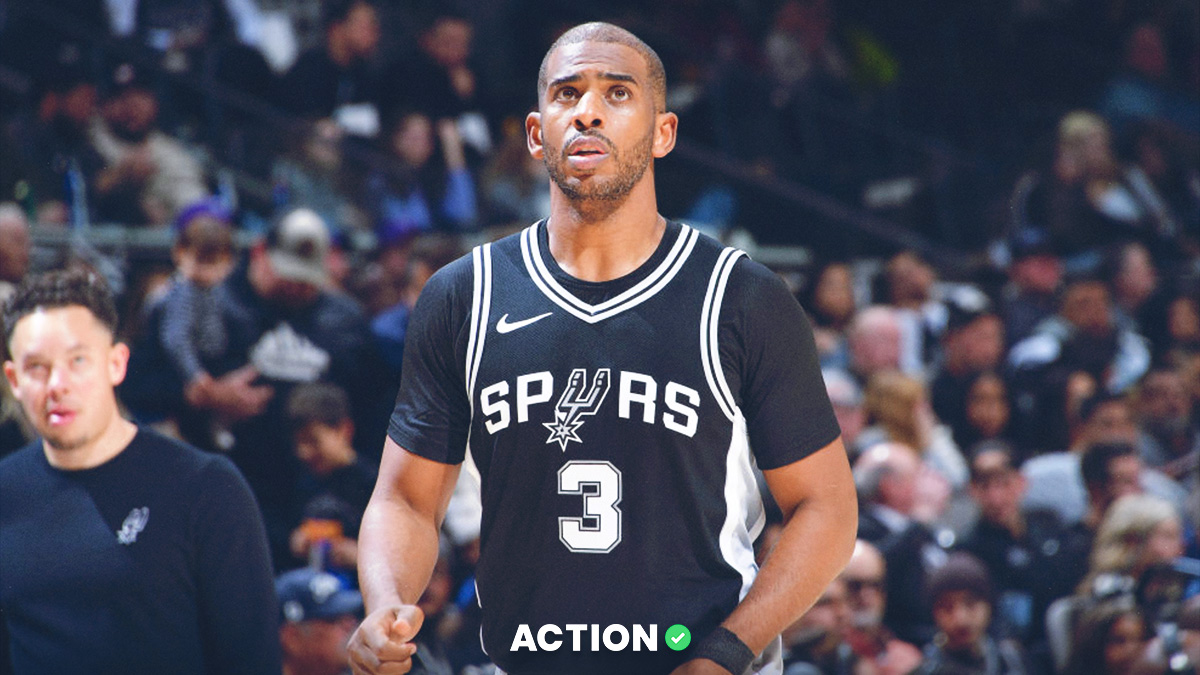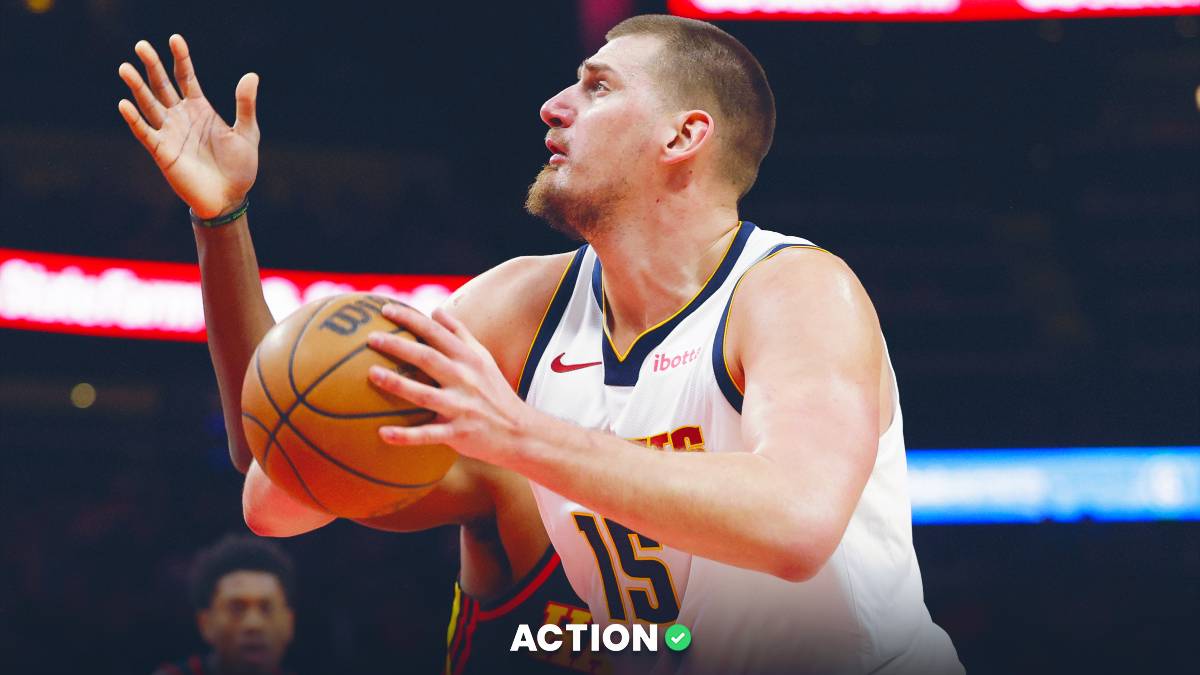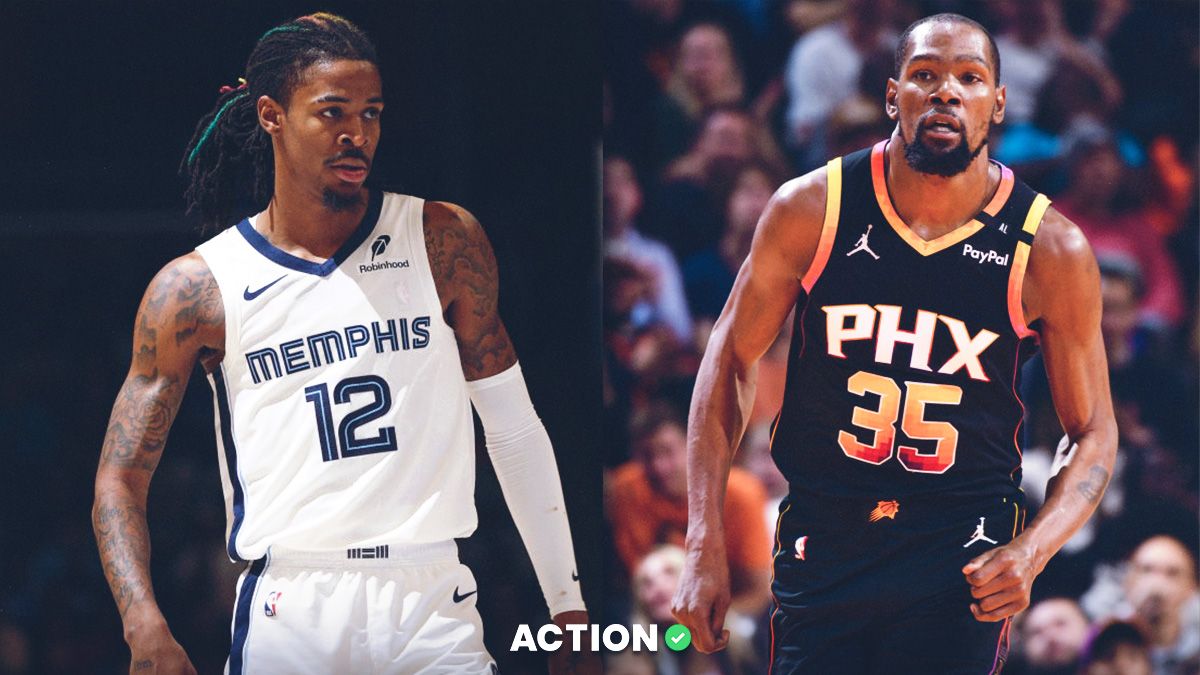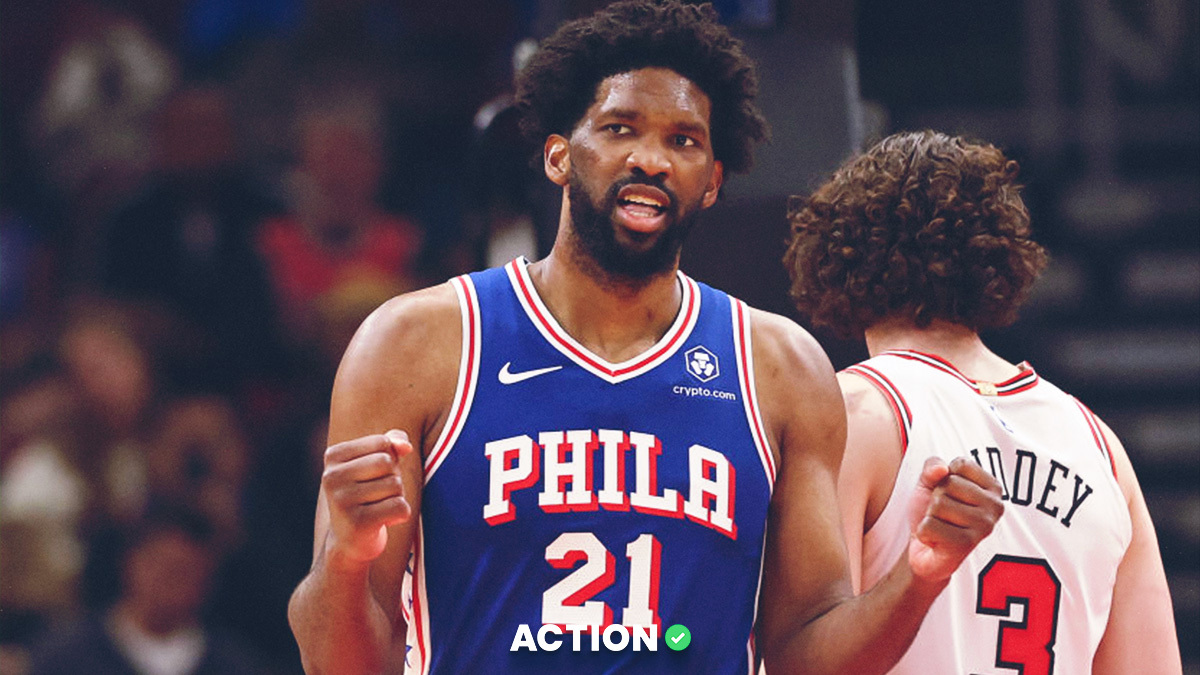When it comes to the Rookie of the Year Award in the NBA, there's some good news: You don't have to overthink it.
Unlike other futures or prop markets, this is straightforward. Unlike the NBA MVP (which I'll write about in a couple weeks), where once players have won the award they seem to be pushed down in voting in future years or held to a higher standard, this is an award you can win just once. It goes to the best rookie. Most years that's actually a superlative that's pretty easy to figure out.
When I say you don't have to overthink it, I mean it. Since 1987, only once has a player won Rookie of the Year after not being drafted in the lottery. That was a couple years ago: the infamous Malcolm Brogdon win. Joel Embiid was by far the best rookie but played only a third of a season, and the next most deserving candidate was his teammate Dario Saric, so Brogdon and Embiid ended up splitting votes. Brogdon won almost by accident, by being a point guard who played OK for a pretty good team.
If you take Brogdon out (and we sort of unofficially call that the Embiid ROY year anyway), every single award winner for 30 years has been taken in the lottery. This is bad news if you like longshots such as Donte DiVincenzo, Lonnie Walker or Aaron Holiday.
In reality, almost none of the non-lottery draftees should be that appealing this year anyway, but this isn't a market where you want to find big prices. The longest shot on the board who was actually taken in the lottery is a tie between Miles Bridges and Mikal Bridges, each listed at 38-1.
This all makes sense, because part of being drafted highly is entering a situation in which you're on a bad team and shots are available. Usage can be high. And you need to be used because you were drafted highly and there is pressure to use you. It's all a cycle.
Another thing to keep in mind: You don't have to worry about how good the rookie's team is going to be. In fact, a ton of winners have played for some of the worst teams of that particular season. Andrew Wiggins' team won 16 games. Michael Carter-Williams (yes, he won the award) won 19. Kyrie Irving's Cavs won 21 after LeBron James left the first time.
The team might be awful … who cares! This award is about raw statistics.
And scoring does matter. As much as we'd like to believe we can identify a player's value based on more than rudimentary stats, the players who win this award … they score points.
Only Brogdon averaged fewer than 15 points per game in the last 10 years and won. Everyone else scored at least 15 per game, and often provided other statistical contributions as well.
So as much as someone such as Harry Giles might be appealing for his upside, he is far better suited currently to be a defensive contributor than an offensive one.
On those notes, here are a few players I would consider valuable considering their current prices:
DeAndre Ayton +325
Luka Doncic is going to be a popular bet, and he may be awesome. I'm just not sure what the usage is going to be like on that team. Although Doncic may be immediately successful, I'm not entirely sure he can build a statistical profile that wins him the award. His success may occur more with how he fits with his teammates.
With Ayton, however, I think the setup here is phenomenal.
Phoenix wants to space the floor with shooters and move the ball, leaving Ayton underneath to either break his defender down one-on-one, or go for putbacks and easy buckets. Considering Ayton's raw power and athletic skills, double-doubles should occur with great frequency.
Accumulating statistics shouldn't be an issue unless Ayton gets in severe foul trouble (his defense is still a bit questionable). Teammates early in camp have raved about him, and he's going to play a LOT.
>> Download The Action Network App to get real-time odds, track your bets and follow all of our experts' picks.
Kevin Knox +850
By all accounts, this season for the Knicks is going to be centered upon getting Knox and fellow rookie Mitchell Robinson on the court, ramping up their usage and seeing what happens. Kristaps Porzingis isn't coming back until February, if at all (what if the Knicks' record is atrocious by then?), and as we've seen with the Jimmy Butler reports, New York is preparing for the summer of 2019 when it can bring max contracts into play.
That means it's fine to let Knox do as much as he wants and get him repetition. Knox averaged more than 21 points per game in Summer League, and even if only some of that offensive ability translates against better competition, the usage will be there.
Knox might not shoot a great percentage, and the Knicks may be horrendous, but at the end of the year if Knox has something like 17 PPG, that might be enough. At the very least, Knox will have no issues getting on the floor, unlike other rookies. Playing for the Knicks in that type of market is a nice plus as well.
Trae Young +1025
Look, I get it. We all saw those mash-ups of his first Summer League game when shots were air-balling left and right, and we formed a first impression. Yes, he's tiny, and at Oklahoma he couldn't stop taking awful 3-pointers. There are all kinds of question marks here.
My counter: Have you seen the Hawks' roster?
Who on Earth is he even competing with to get shots up? John Collins will take a big step forward for sure, but there is just an absurd amount of usage available here.
Michael Carter-Williams once won this award shooting just 40.5% from the field, and Young may challenge that record. But if Young ends up with 18 PPG and 7 APG at the end of the season, will anyone care?
The prices for guys such as Wendell Carter Jr. and Shai Gilgeous-Alexander might seem really appealing, but there are established stars and big-time usage guys who are going to want to get their shots up. There are big impediments to those guys putting up stats. That's not the case in Atlanta, where the team may win fewer games than Young averages points.


